As of November 30, 2024, Vietnam had 2,179 training programs that had achieved quality accreditation. In the coming time, the Ministry of Education and Training encourages educational institutions to focus on internal quality assurance systems, especially improving training programs, and then conducting program accreditation.

Mr. Huynh Van Chuong - Director of the Department of Quality Management (Ministry of Education and Training) said that the assurance and accreditation of Vietnamese education quality has been strongly legalized. The number of higher education institutions and training programs achieving quality accreditation increases every year due to the important benefits that accreditation brings. That is, it contributes to transparency and increases university autonomy; promotes the determination of enrollment targets, suitable for calculating tuition revenue; promotes international integration, and recognizes international certificates and diplomas.
Currently, 208 higher education institutions have achieved quality accreditation, but most of them are accredited by domestic accreditation organizations. Only 12 institutions are recognized as meeting quality standards by international education quality accreditation organizations.
National Economics University is one of the few training institutions with many internationally accredited programs, up to now there are 35 programs. Of which, 20 programs meet the quality standards of the ACBSP organization, USA; 15 programs meet the quality standards of the FIBAA organization, Switzerland. In addition, there are 16 training programs meeting the quality standards of domestic standards. Prof. Dr. Huynh Van Chuong - President of National Economics University informed that in 2024, the unit will continue to implement the external assessment process for 21 training programs according to the standards of the FIBAA organization and 12 training programs according to domestic standards. Not only ensuring and improving the quality of education; increasing accreditation brings benefits to learners such as recognition and transfer of credits, registration for higher education at the world's leading prestigious universities, as well as job opportunities in developed countries.
Even with domestic accreditation, the benefits that accreditation activities bring are also very important. Prof. Dr. Huynh Van Chuong noted that although each organization will have its own criteria, in general, there are 4 major pillars including: Ensuring strategy and KPI; ensuring internal institutions and policies to implement the strategy; ensuring structure, functional units implementing institutions and policies well, especially for institutions striving to move from university to university; ensuring output quality - this is the effectiveness of the 3 pillars mentioned above, taking learners as the most important output measure of higher education institutions through employment, competition for good jobs, salaries and promotion levels, thereby bringing reputation to the university. Therefore, ensuring and accrediting the quality of higher education is not only the responsibility of the university but also of each country.
According to statistics from the Ministry of Education and Training, as of December 16, 2024, 1,893 training programs have completed self-assessment reports. 1,475 training programs have been externally assessed. Although the Law does not require 100% accreditation of training programs, the number of accredited programs is now about 30%, which is quite large. However, according to Prof. Dr. Nguyen Huu Duc - former Vice President of Hanoi National University, an independent expert on educational quality accreditation, there are still many universities that consider the goal of achieving accreditation as the destination, so the implementation of quality assurance activities is still formal and coping, so it is ineffective and unsustainable.
“Only when higher education institutions thoroughly understand and advocate the implementation of educational quality assessment to identify and find solutions to improve their mission performance capacity, community service capacity and competitiveness can they demonstrate the role of assessment. That is also the social responsibility of higher education institutions. Only with their own needs can universities develop, and the solutions proposed will have heart and vision” - Prof. Dr. Nguyen Huu Duc expressed his views and proposed the need to soon promulgate the Standards for Higher Education Institutions. This is a set of standards that show the minimum requirements that a higher education institution must meet when establishing and operating to ensure the interests of stakeholders, including requirements on operating conditions, performance results and future prospects, including specific requirements for each organizational model (university, university), field and training level. When there are minimum standards, metrics are more specific, and assessment results and quality information are more transparent to stakeholders.
Source: https://daidoanket.vn/kiem-dinh-chat-luong-giao-duc-phai-xuat-phat-tu-nhu-cau-tu-than-10296686.html


![[Photo] April Festival in Can Tho City](https://vstatic.vietnam.vn/vietnam/resource/IMAGE/2025/4/10/bf5ae82870e648fabfbcc93a25b481ea)

![[Photo] Opening of the 11th Conference of the 13th Party Central Committee](https://vstatic.vietnam.vn/vietnam/resource/IMAGE/2025/4/10/f9e717b67de343d7b687cb419c0829a2)

![[Photo] Unique folk games at Chuong Village Festival](https://vstatic.vietnam.vn/vietnam/resource/IMAGE/2025/4/10/cff805a06fdd443b9474c017f98075a4)









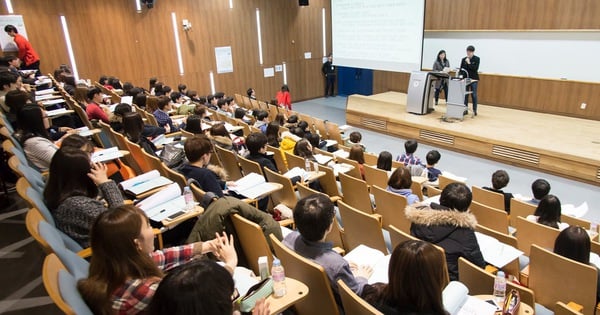

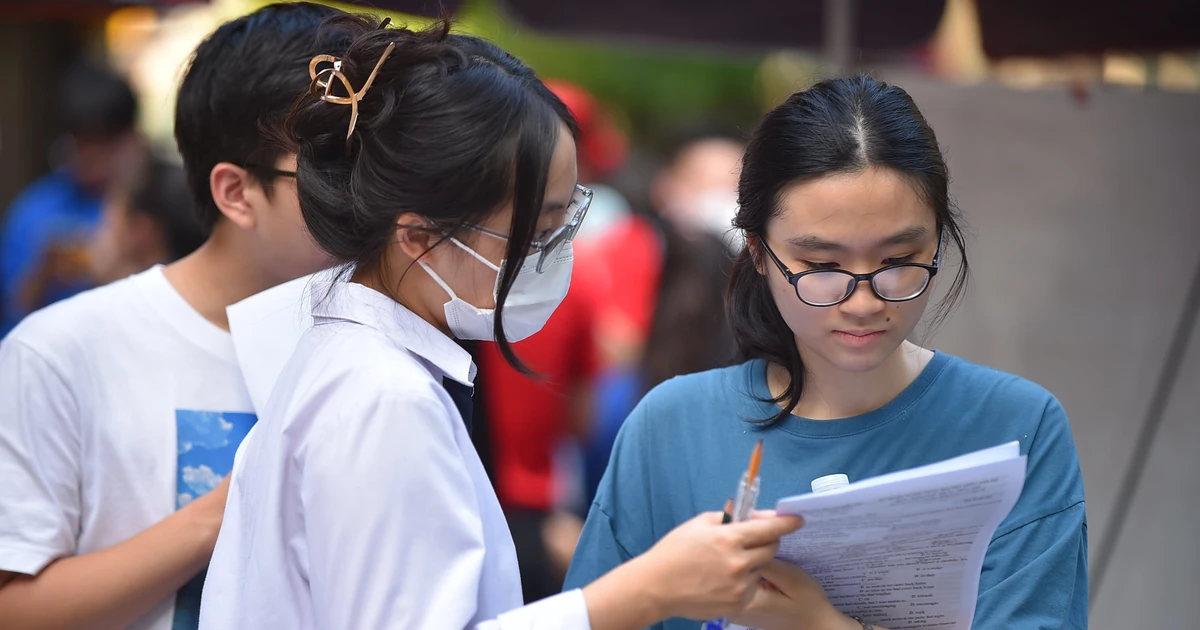

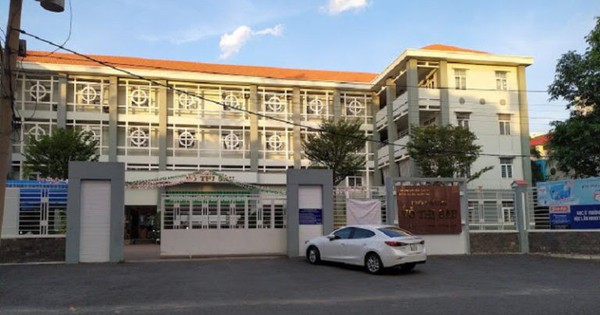
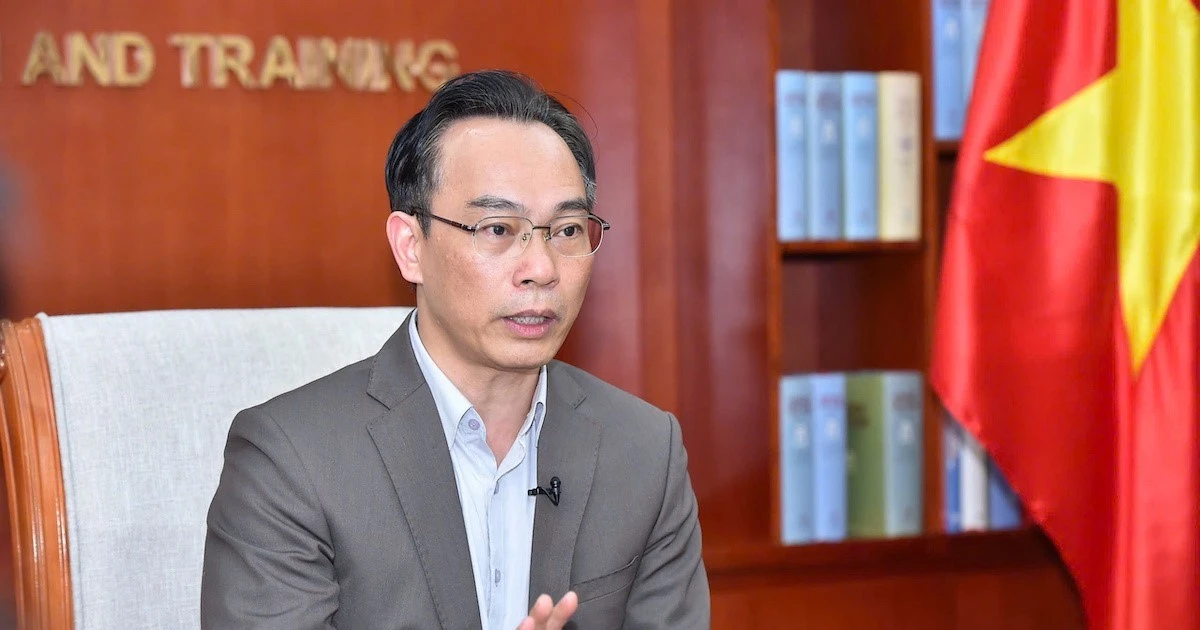
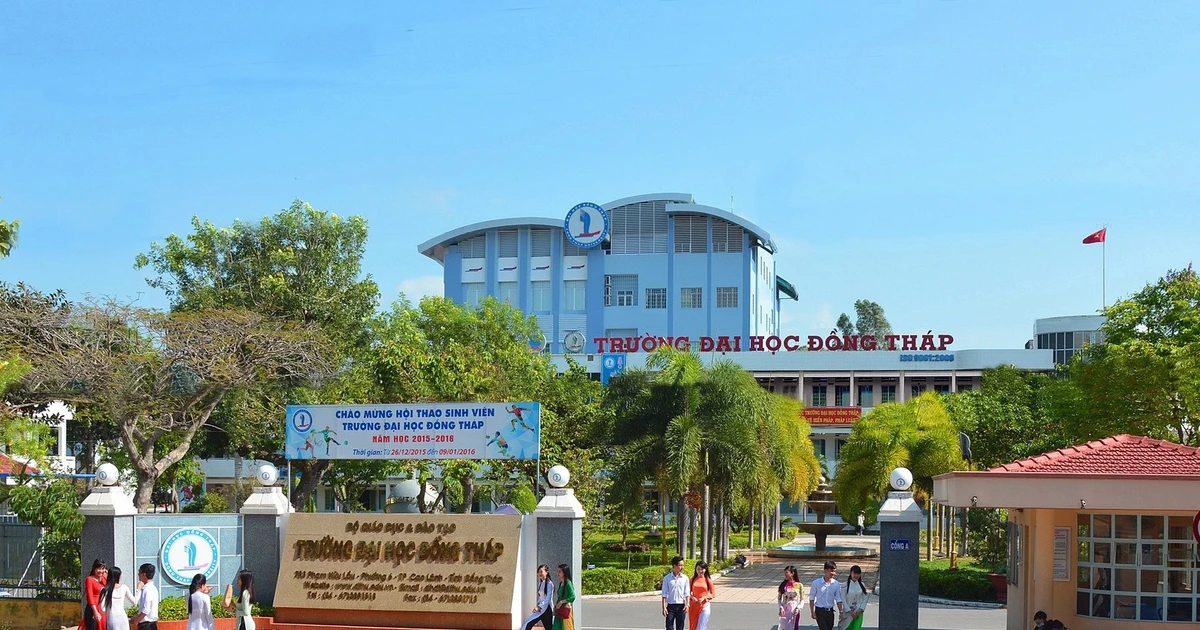






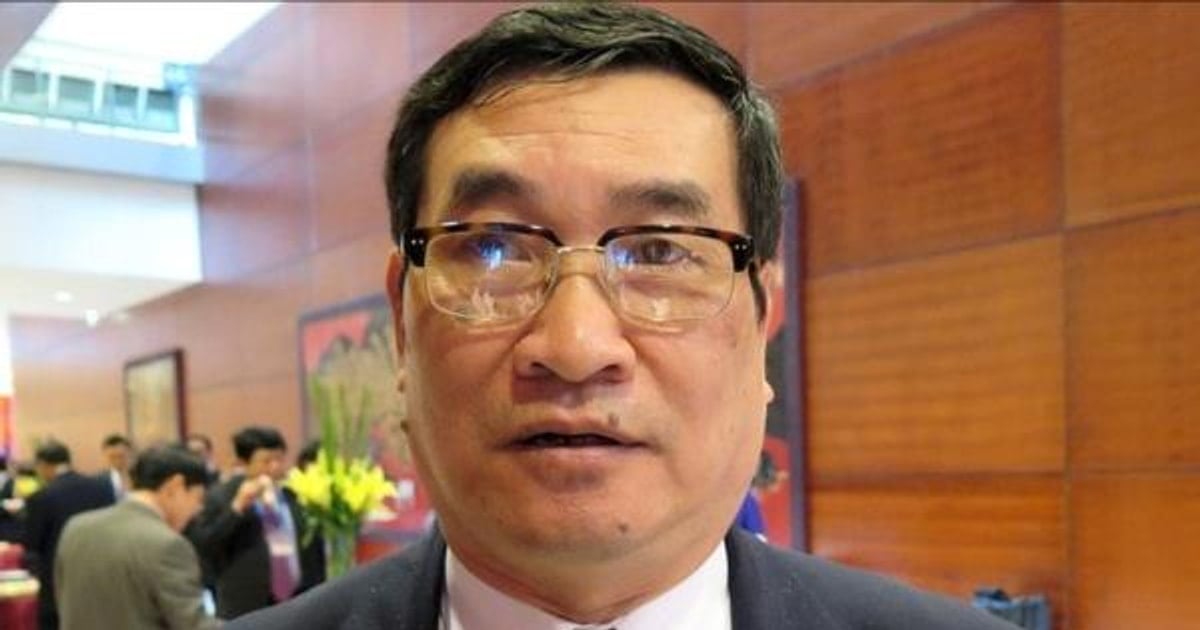
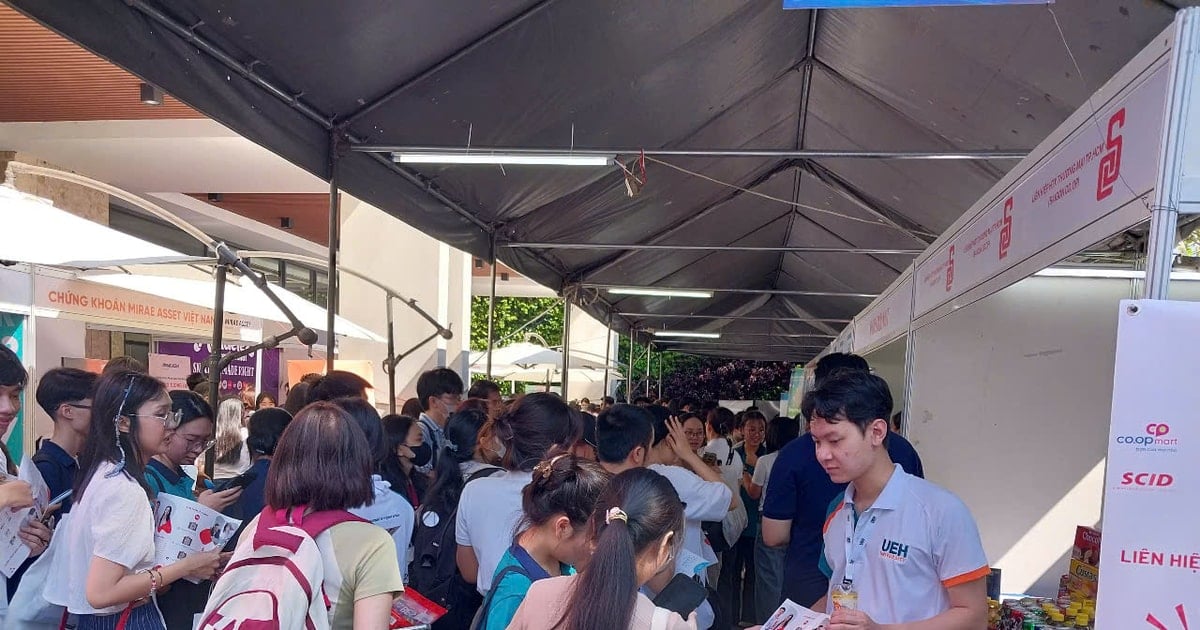




















































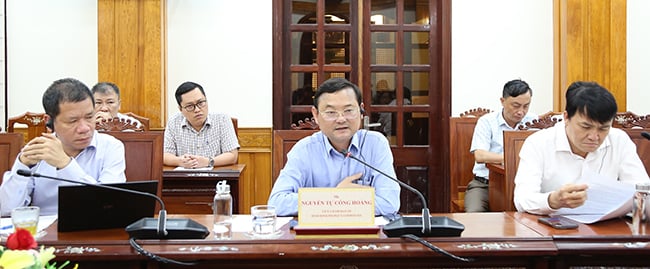












Comment (0)